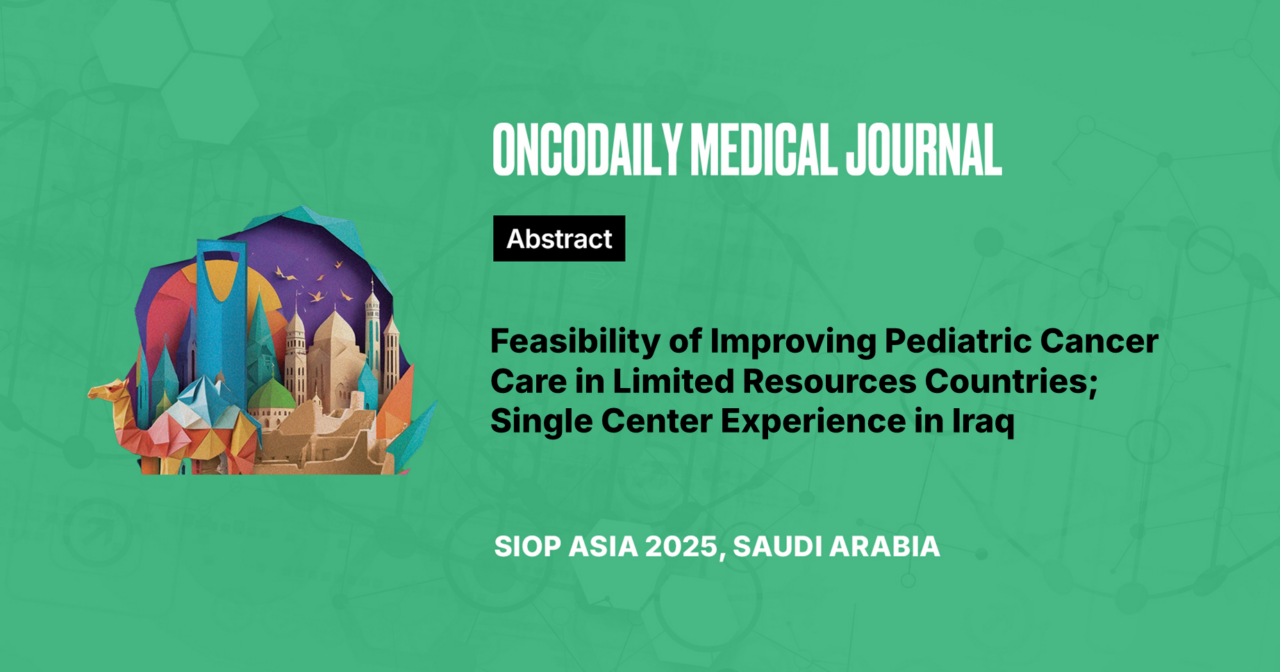Feasibility of Improving Pediatric Cancer Care in Limited Resources Countries; Single Center Experience in Iraq
Abstract
Introduction: Childhood cancer imposes a great burden and contributes substantially to morbidity and mortality in countries in the Low-Middle Income Countries (LMICs). The study objective was to assess the feasibility of improving pediatric cancer care and to highlight the strategies and interventions that were associated with reduction of both cancer and treatment related mortalities.
Methodology: Warith International Cancer Institute is a specialized oncology center was held in Iraq in June 2021 treating both adult and pediatric cancer patients. In August 2023, various strategies and interventions were initiated including; enhanced diagnostic tools for refined staging and risk assignment, targeted supportive care interventions with efficient infection control measures and strict antibiotic use guidelines, and multidisciplinary care.
Results: A total of 600 patients ≤ 15 years were accepted from January 2022 till November 2024 with 30% of them being diagnosed with hematological malignancies and 70% with solid tumors. The number of newly diagnosed patients increased from 179 cases in 2022 to 210 in 2024. From the whole patients, the overall and treatment related mortality (TRM) rates were 15% and 3% respectively.
Throughout the three successive years and with implementation of the previously mentioned improvement measures, the overall mortality rate reduced significantly from 16% in 2022 to 9% in 2023 to 5% in 2024, and TRM also significantly declined from 3.3 % in 2022 to 1.5 % in 2024. Worth mentioning that in 2024, the infection attributable mortality rate was only 1% and among 28 patients with acute leukemia, there were 0% induction deaths.
Conclusion: Despite challenges, improving pediatric cancer care is feasible in LMICs and understanding the burden of TRM is a necessary step towards improving outcomes. Also tailored treatment protocols according to the available diagnostic tools and therapeutic modalities are essential components for reduction of treatment failures.





